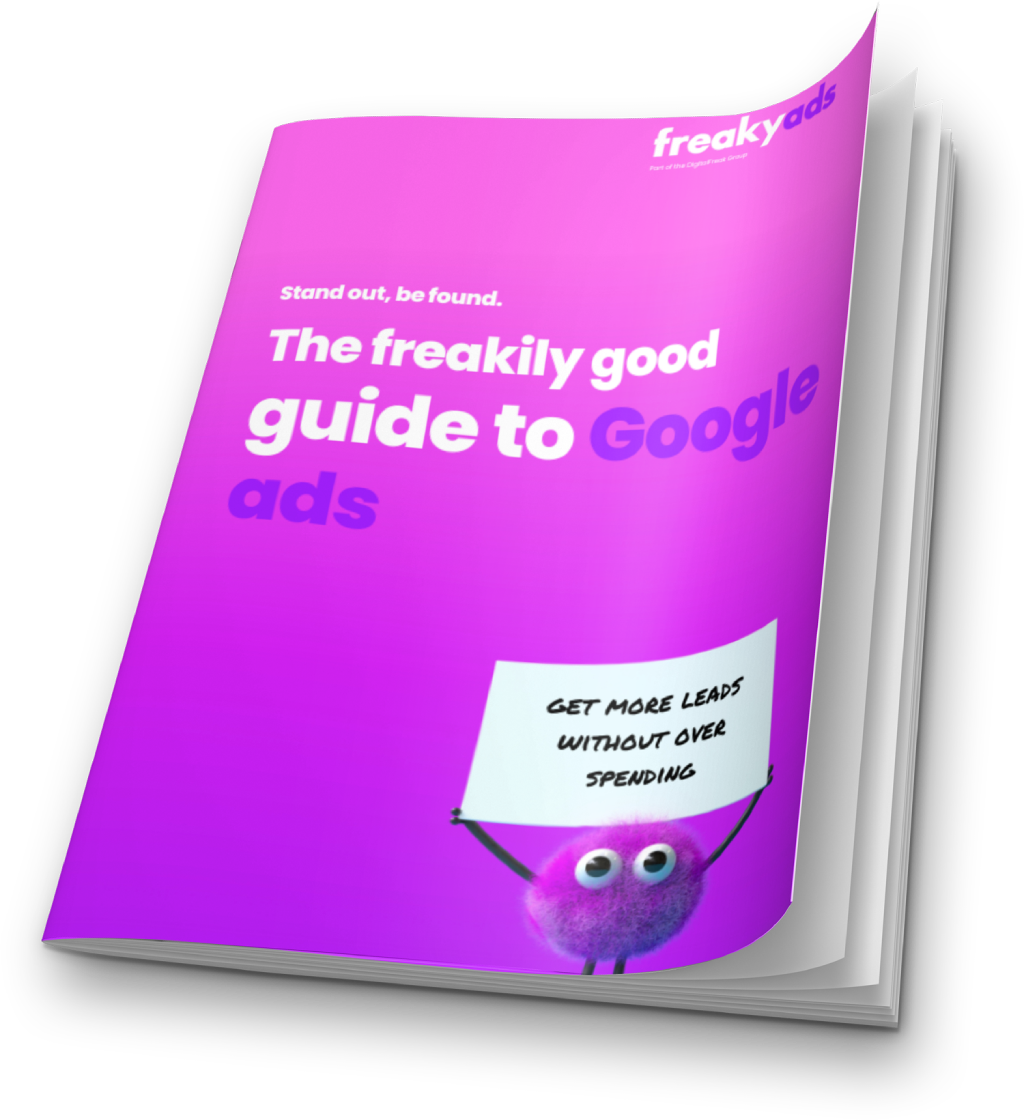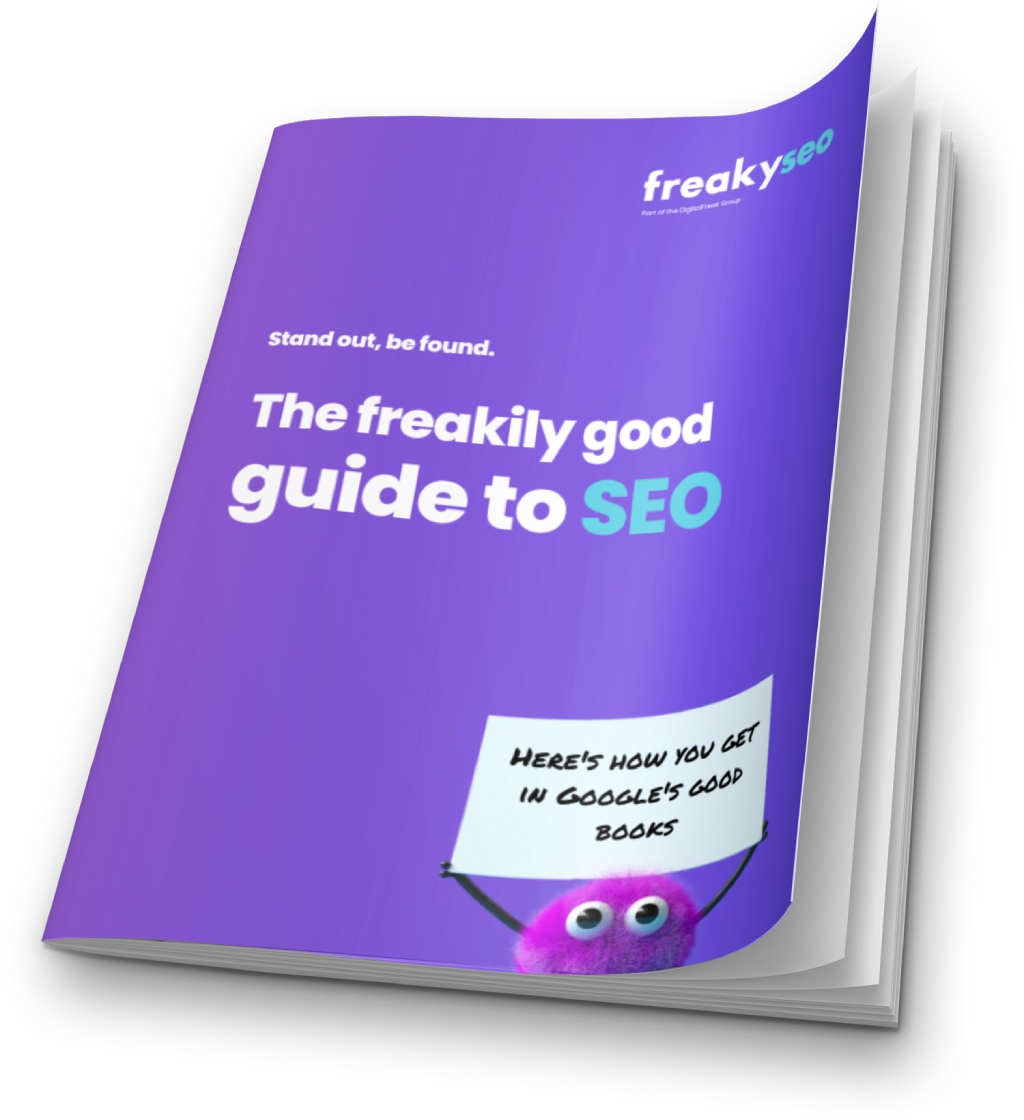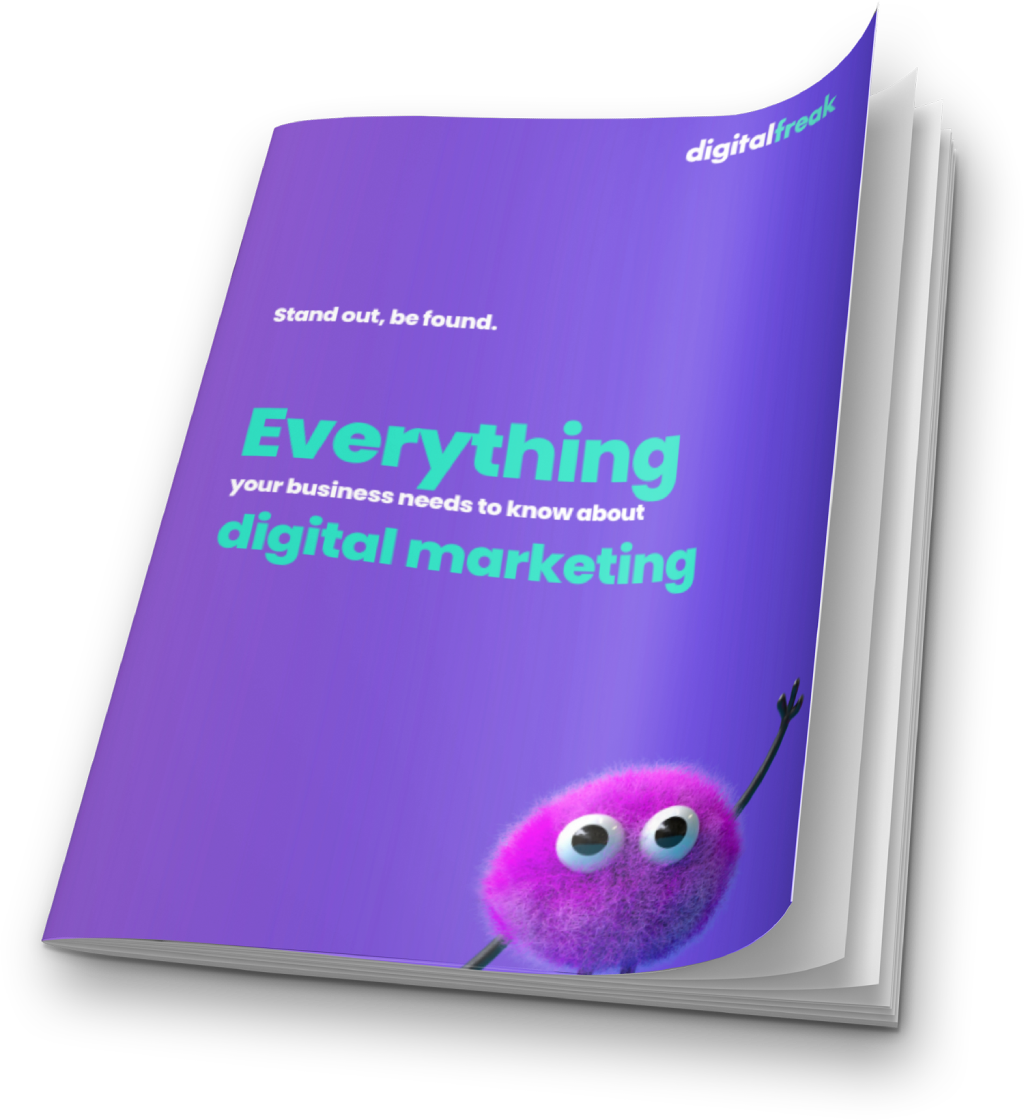Social media has become a powerful pillar in digital marketing, with the platforms becoming more feature-rich and practical every year for small and large business alike. Rather than using these platforms just to keep in touch with friends and family, people are using them to look for local businesses and services, find specialists and interact with brands one-on-one. As a result, social media marketing content must be optimised for search if you want your social media presence to contribute to your overall SEO strategy. Here’s how.
Search Optimisation Strategies for Facebook
Facebook is one of the most data-driven and feature-rich social media marketing platforms in the world, with a complex algorithm that not only utilises and evaluates keywords, but drives organic traffic too – primarily through incentives and engagement with your audience. Posts are also indexed by Google, which means using keywords, original content and elements like hashtags will increase rankings for that content and your website.
Incentives are rewards or a chance at a reward for followers who share, like and promote a product. You’ve probably seen and even participated in a few of these yourself! Usually they follow a format where the brand presents the prize along with various instructions that followers have to complete in order to be eligible – liking the post and sharing it on your own page, using a certain hashtag, tagging one or two friends in the comments, or even creating a specific comment to do with the promoted content. It’s also a great way to collaborate with complimentary brands and charities/charitable events (encouraging one set of followers to follow another brand as well as your own).
This technique quickly generates huge amounts of traffic to both your website and content, including the new traffic and followers brought by the friends of followers as they are tagged in the content.
Engagement (one-on-one interaction) with followers is another effective way to drive organic traffic and improve the visibility of your content. Facebook prioritises content with high levels of activity, sharing it more widely on newsfeeds. Each time you reply to a comment or like a comment on your content, it increases the activity on the post, making it more likely to pop up on more newsfeeds, including your followers and friends of your followers.
Search Optimisation Strategies for Instagram
Although Instagram is owned by Facebook and the two platforms share a lot of data and marketing elements, there are some key differences to account for in your social media marketing campaign. Most importantly, posts on Instagram are not indexed by Google the way Facebook posts are – any keywords you use in photo captions and ad copy won’t impact on SERPs. Instead, it is best to focus on things like hashtags to leverage Twitter’s relationship with the Google algorithm.
Firstly, it is important to use relevant, quality hashtags that are trending as well as ones you want associated with your brand or a particular campaign. You can search quite easily to find trending hashtags simply using Google – for example, typing in “trending hashtags coffee Melbourne” gives you an instant list of top trending hashtags for the location and topic. You can also use websites like Tagsfinder or BestHashtags to find out which hashtags to target. Try to include specific and local keywords in your hashtags to compete effectively – don’t just aim for what’s most popular, else your brand may get swamped out by the competition.
Search Optimisation Strategies for Twitter
Twitter is very effective for driving organic traffic – Tweeting is fast, accessible and doesn’t require a lot of effort in terms of content design and development. However, it still has to be done right in order to deliver results. Start by making sure your followers and customers know they can find and follow your brand on Twitter – link your Twitter button on your website, promoted it on your social media accounts, mention it in blogs, and create an incentive program to encourage your followers and other customers to follow you on Twitter.
Although Twitter increased the character count for Tweets to 280, most sit around the 33-character length, so don’t feel like you have to use the full count. The real search value in Tweets comes from how appealing and relevant they are – essentially, how likely your followers are to like and retweet your content.
If you want to drive traffic to your website and content from Twitter, you want to Tweet during high engagement periods (usually weekends between 8am and 7pm), you want to include images (this doubles your chance for retweets) and links (these receive an 86% higher retweet rate than those without links), and – of course – hashtags. When it comes to hashtags, you want to be very selective and strategic, choosing 2-3 tags rather than the 7-8 tags you might use on Instagram.
It’s also important to include the keywords you’re targeting in your content, especially when promoting a service or product, or blog article. This is because Google crawls Twitter content as well as website and blog content to produce search results, directly impacting your rankings on SERPs.
Another seemingly obvious but often overlooked strategy is to directly ask your followers to retweet, which results in a 23x higher rate. Of course, you can increase this by creating an incentive campaign similar to that outlined in the Facebook SEO strategy.
It’s also a good idea to include current events in your Twitter content and use your account to interact with other brands to gain the attention of the people following that event or another brand. Start conversations, ask people’s opinions and reply to tweets where your brand or hashtag gets mentioned – the more you interact, the more traffic you drive to your website and content.
Communicate, Engage and Drive Search Traffic to Your Website Through Social Media Marketing
It’s clear that in order to survive and thrive in today’s new normal, your business needs a strong, relevant social media marketing strategy that actively drives traffic to your website using robust search techniques.
Chat to our team in Melbourne and we’ll develop a cutting-edge strategy to keep your brand relevant, connected and engaged with your customers.

Written by
Michelle van Blerck – Communications Manager
I take a spark and turn it into a fireworks show! From internal client communications to LinkedIn authority articles, social media, and blogs, I write it all. My aim is to represent clients authentically with high-quality content that Google loves. I’ll show consumers why you’re the business they want to work with, buy from, and follow for life!














